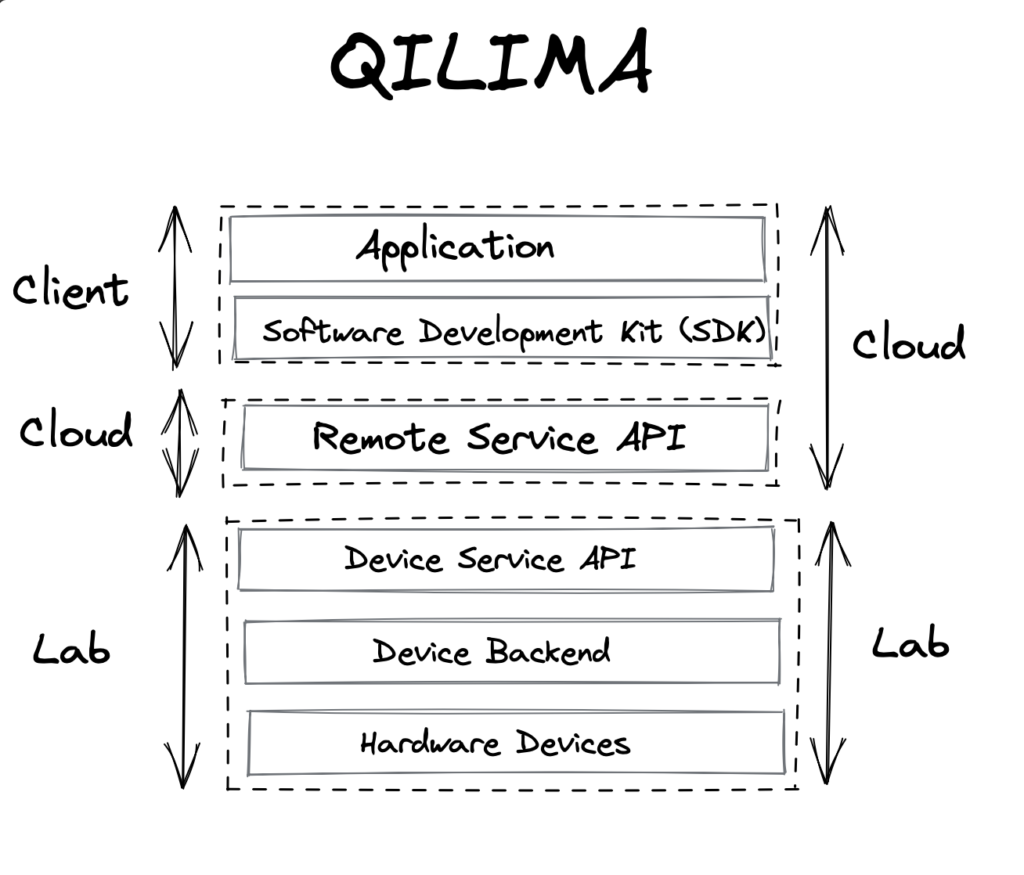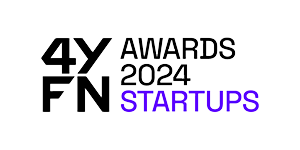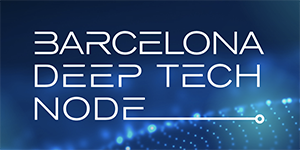QILIMANJARO QUANTUM TECHS S.L. uses own and third-party technical, customisation and analysis cookies which process connection and/or device data together with browsing habits to facilitate browsing and analyse website usage statistics. Obtain further information.
Privacy Overview
Strictly Necessary Cookies
Strictly Necessary Cookie should be enabled at all times so that we can save your preferences for cookie settings.
These cookies are:
- Session
- Accept cookies
If you disable this cookie, we will not be able to save your preferences. This means that every time you visit this website you will need to enable or disable cookies again.
3rd Party Cookies
This website uses Google Analytics to collect anonymous information such as the number of visitors to the site, and the most popular pages.
Keeping this cookie enabled helps us to improve our website.
Please enable Strictly Necessary Cookies first so that we can save your preferences!


















